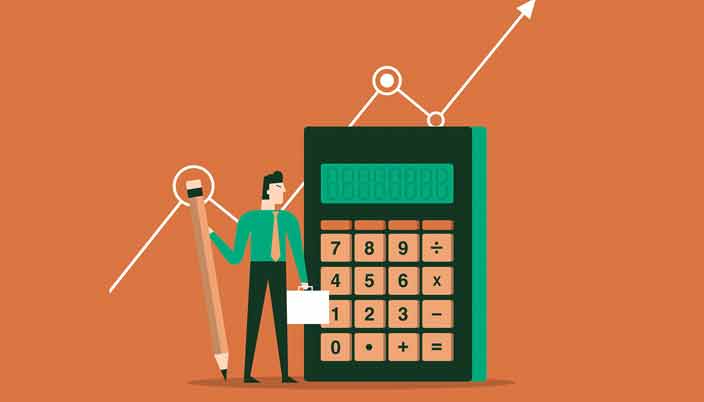What does net worth mean? In simple terms, it is your total assets minus your total liabilities. This includes mortgages, insurance, taxes, and the upkeep and repair costs of your home. If your home is worth $1,000,000 and you owe $500,000 on it, then you have a net value of $500,000 and you own the house outright. However, if you are struggling to make ends meet, you should look into a retirement savings plan to improve your net wealth.
What is net worth?

Once you have gathered the information you need, you can start calculating your net worth. The first step to calculate your net value is to make a list of your assets. Your assets are anything that has a significant value to you. This includes cash, money in accounts, and your major possessions. You should focus on those that are worth more than $500. Then, total all these assets together and that is your total asset value.
How to Calculate Your Net Worth
To calculate your net worth, you will need to gather information about your assets and liabilities. Make sure you keep in this information in a safe place and update it at least once a year. This process may seem daunting at first, but it will make it much easier to access the information you need when you need it. Investing in a rising stock will increase your net value. If you are looking for an investment opportunity, you should reduce your debt and reduce your liabilities.
How Does Net Worth Work?
Your net worth can also be used to track the progress of your business. The higher your net value, the better. While the total debts and assets don’t tell you everything, they do provide you with a comprehensive picture. Knowing your net worth can help you assess your financial situation and spot any problem areas. This way, you can take the necessary steps to increase your net wealth. It will improve your financial situation. So, what does networth mean?
Calculate Your Net Worth

To calculate your net worth, you must gather information about your assets and liabilities. Your net worth is the difference between your assets and liabilities. Your networth is the sum of your assets and your liabilities. In simple terms, your networth is the difference between your total assets and your total debts. If your networth is positive, then you have more money than you have debts. Conversely, a negative value means that you have more debts than your actual assets.
Conclusion
If your net worth is high, you should look for ways to reduce your debt. Your debts are a big part of your net worth. However, you should be careful to not include these in your calculations. You should focus on assets that have the most value. In other words, you should avoid using your car as a means of getting rid of debts. This will only make your networth higher. If you don’t have any assets, you should pay your bills each month.











 Tips For Getting Good Sleep
Tips For Getting Good Sleep